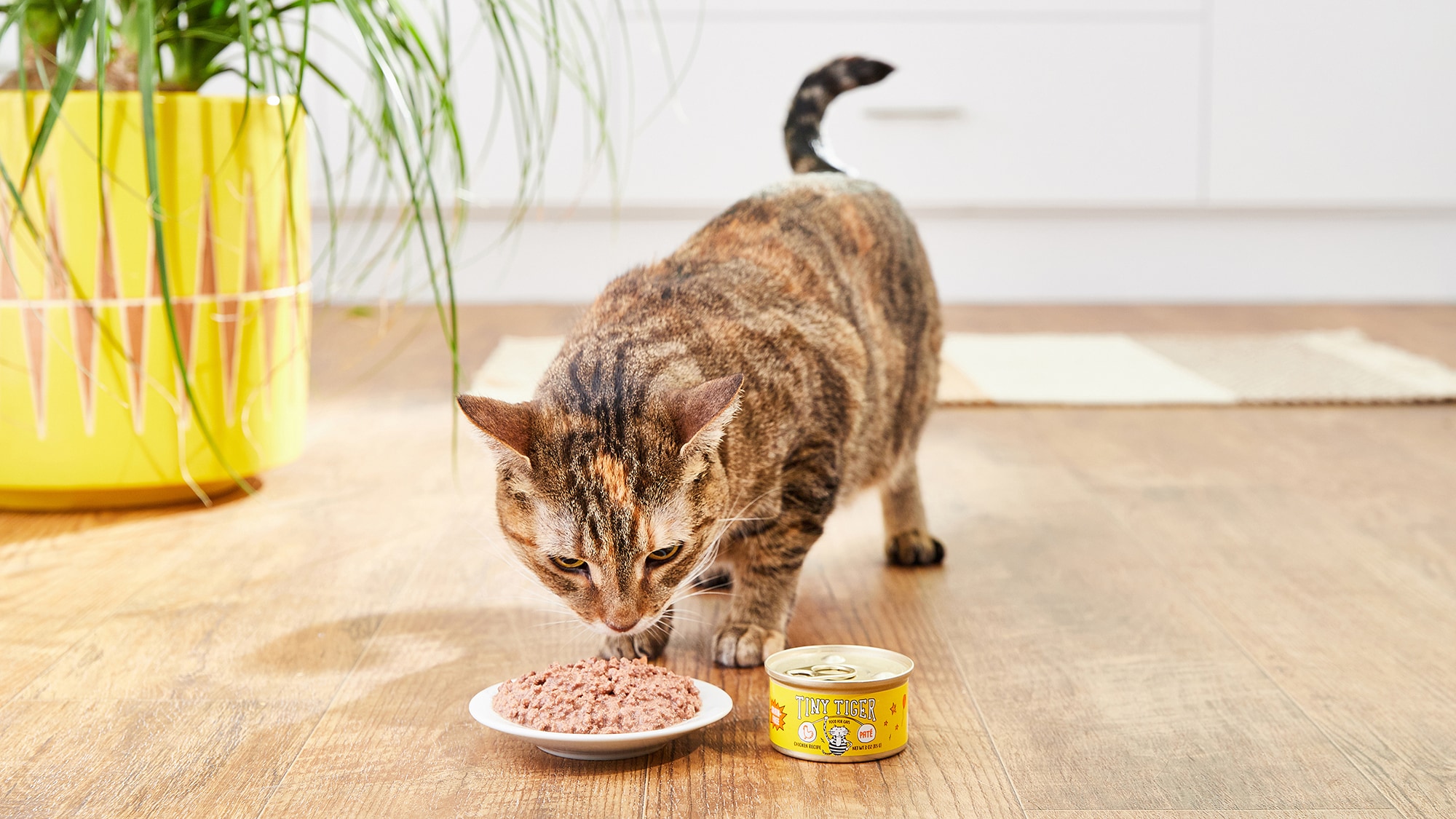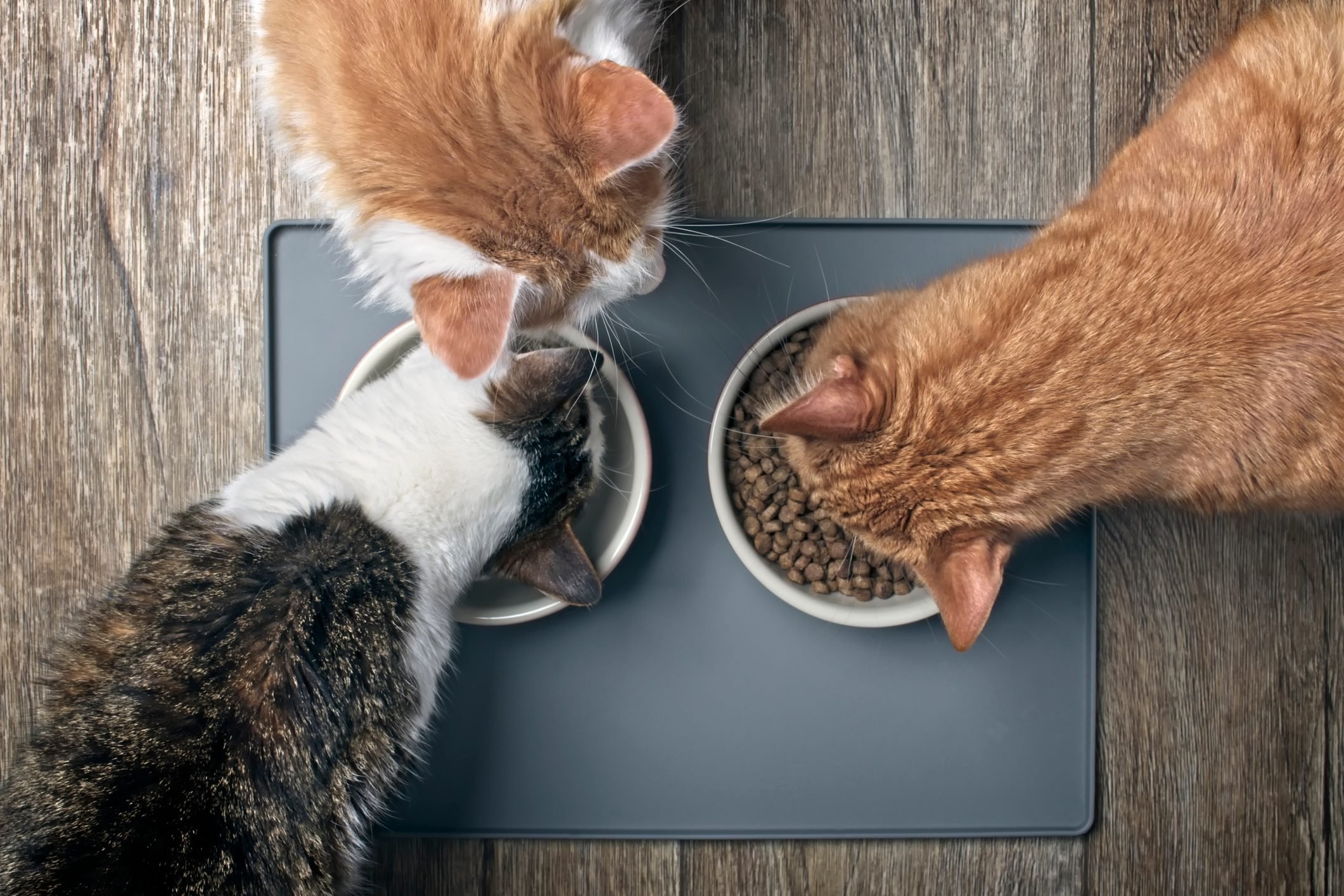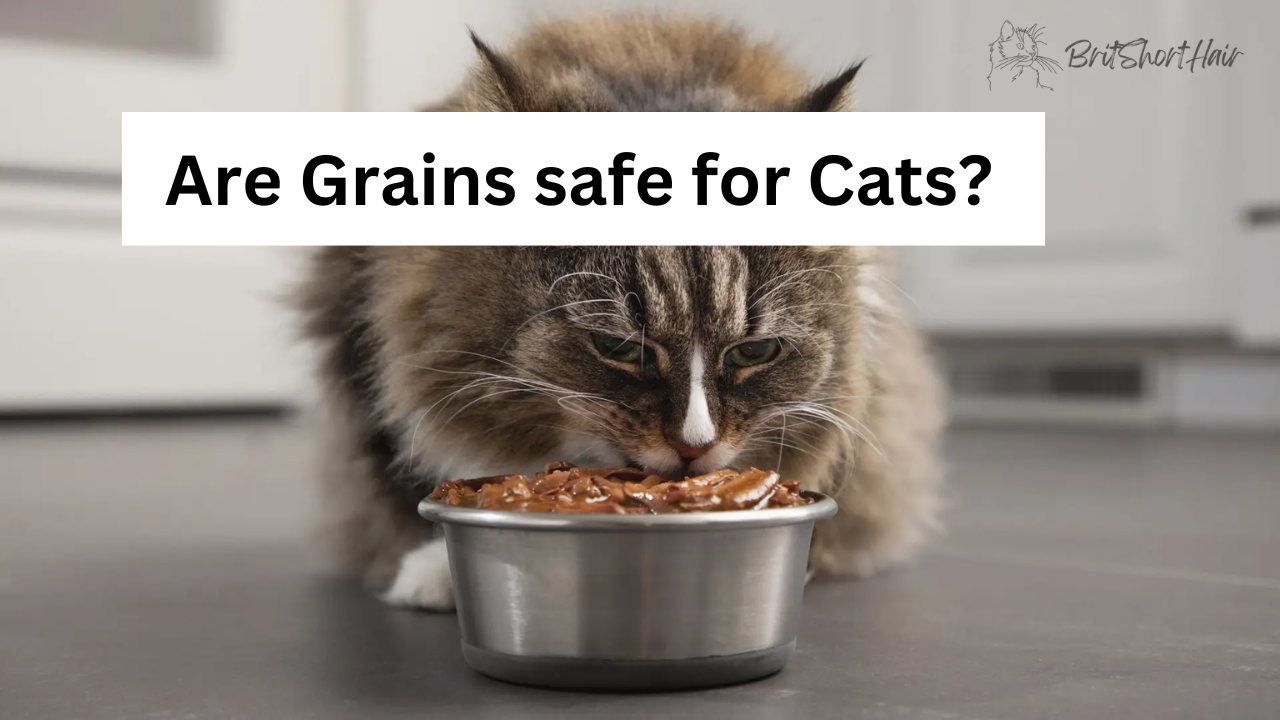Introduction
Carnivorous cats need high-protein diets. Cat owners are considering feeding their pets grains as plant-based diets become increasingly popular. This has caused a heated debate among pet owners and veterinary professionals, with some strongly favoring adding grains to a cat’s diet and others passionately opposing it. Are grain safe for cats? This essay discusses whether cats can eat grain and their effects.

Nutritional Requirements for Cats
Cats’ dietary needs are complicated. These intriguing animals are obligate carnivores and must eat meat, poultry, or fish. Their digestive systems are built to break down and use these protein sources’ nutrients, which are vital to good health.
Cats’ busy activities demand a moderate quantity of fat in their diet. Omega-3 and omega-6 necessary fatty acids also keep skin and coat healthy. Cats need these fatty acids from animal-based protein sources. Animal-based protein sources include taurine and arginine, which cats need. The immune system and heart depend on these amino acids. Cats may experience health issues if their diet lacks these amino acids.
Water is also important to a cat’s diet. Clean, fresh water is necessary for cats’ health and well-being. It’s important to urge cats to drink water throughout the day since they don’t have much thirst.
Finally, cats must consume vitamins and minerals because they cannot synthesize them. Vitamin A, vitamin D, and calcium are necessary for cats’ bones, teeth, and eyesight. Cats need a balanced diet that’s high in animal-based protein, low in fat, and full of vitamins and minerals. To keep these intriguing creatures healthy and happy, feed them food that satisfies their unique and complicated nutritional needs!
Cat food with grains
Commercial cat food uses grains for carbs. Cats are obligate carnivores and need a diet strong in animal protein, however, grains are debatable.
Grain-based cat food provides energy, fiber, vitamins, and minerals, according to proponents. Grain-based cat food is cheaper and greener than animal-based. Cats are not naturally equipped to absorb and use plant-based carbohydrates, according to opponents of grain-based cat food. They say grains can cause digestive disorders, allergies, and obesity in cats. Including grain in a cat’s food is a personal choice that should be discussed with a vet. It must be balanced to fulfill the cat’s nutritional needs if incorporated.
How are Grains Safe for Cats?
It’s important to evaluate the benefits of grains in cat food in the heated discussion about their inclusion. While cats are obligate carnivores and should eat animal-based proteins, grains can provide additional energy and nutrients. Whole grains like brown rice and oats are complex carbs that are slowly digested, regulating blood sugar and providing cats with sustainable energy.
Grains are also high in fiber, which helps cats avoid constipation. Certain grain are rich in vitamins and minerals like B vitamins and iron, which can benefit our feline friends. However, different grains may have different health benefits. Thus, a veterinarian or animal nutritionist should be consulted to determine your pet’s optimal diet.

Adverse Effects of Grains on Cat Food
The pet world has debated grains in cat food for good causes. Some say grain are good for cats, but others say they’re bad. Cat food with wheat might cause allergies and sensitivities. Grain-related digestive difficulties in cats can induce vomiting, diarrhea, and constipation. If that wasn’t enough, cats with grain allergies or sensitivities may also have skin irritation, itching, and hair loss.
Obesity is another issue with grains in cat food. As obligate carnivores, cats need animal protein. However, grains contain carbohydrates, which can make cats fat. Because cats have trouble regulating their carbohydrate intake, insulin levels rise and fat is stored.
Cats can get diabetes and obesity from a high-carbohydrate diet. A cat’s pancreas can overproduce insulin and cause insulin resistance and blood sugar issues if they eat a lot of carbohydrates. Since diabetes is a serious illness that requires careful management, this can be worrisome.
Cats need taurine, which grains don’t offer. Cats need taurine for healthy vision and cardiac function. If a cat eats mostly grains, it may have vitamin deficits that cause several health issues.
When are Grains safe for cats and in which quantities?
Cat owners may ask if grain are good for their pets. It’s complicated. Your cat’s grain intake depends on age, health, and diet. Small amounts of grains are safe for adult cats. Cats are obligate carnivores and need a diet heavy on animal proteins. Thus, high-quality proteins should make up the bulk of their diet to ensure optimal health. In general, it is recommended that grains make up no more than 10-20% of a cat’s diet.
Grain intake may need to be reduced or removed for cats with diabetes or obesity. Your cat’s diet should be determined by a veterinarian. Kittens, though? To grow and thrive, kittens need a diet strong in animal-based proteins. To get the nutrients they need at this key stage, they should minimize or eliminate grain.
Conclusion
Finally, some cats have trouble digesting plant-based foods even after cat food brands process grains. Vomiting, diarrhea, and constipation can ensue. Thus, consult a veterinarian or animal nutritionist to determine your cat’s optimal diet.
Blogs
All you have to do is click on “cats blogs” to access a wealth of high-quality blogs on cats.
by clicking “cute cats” you can look at the cutest images of cats.

